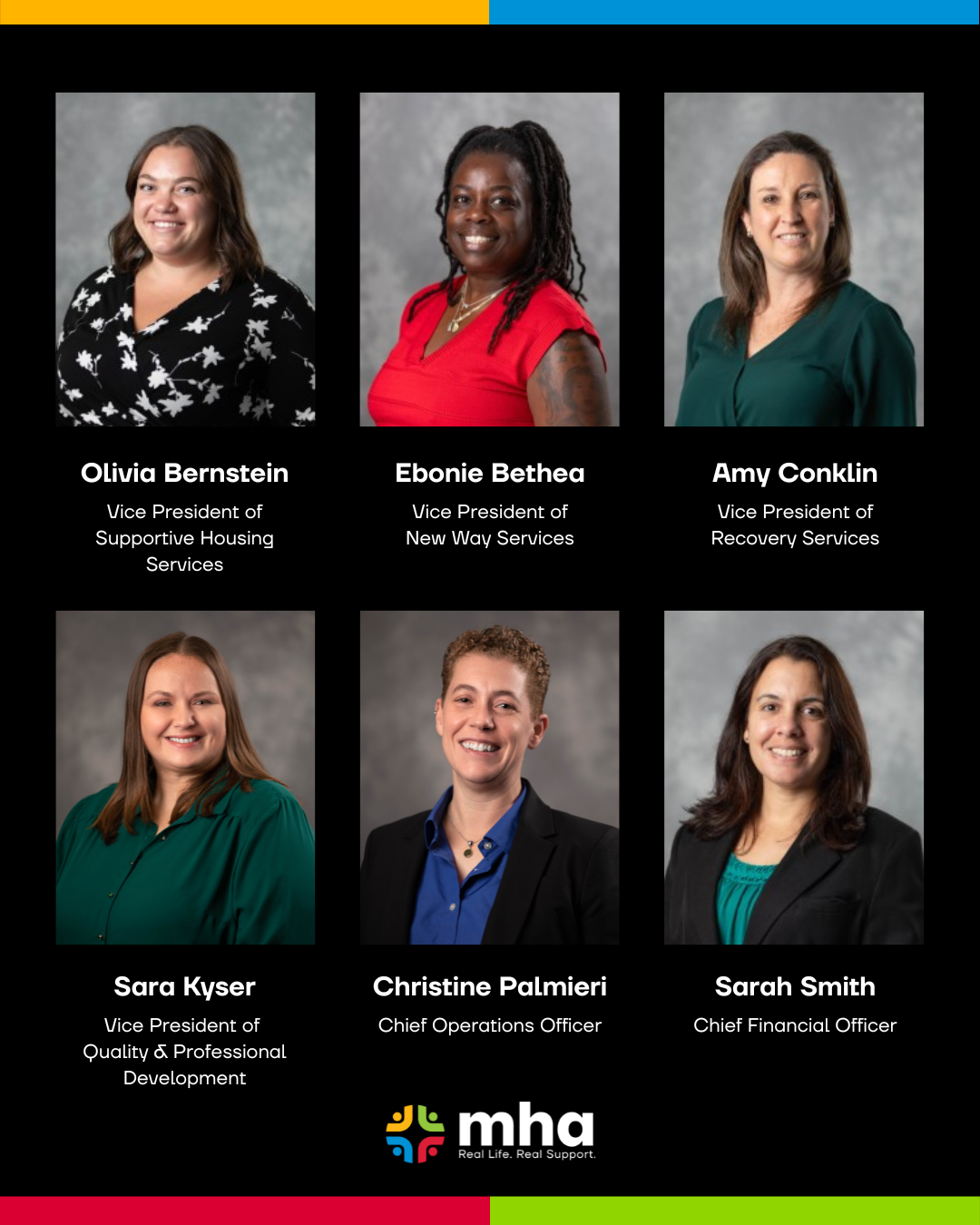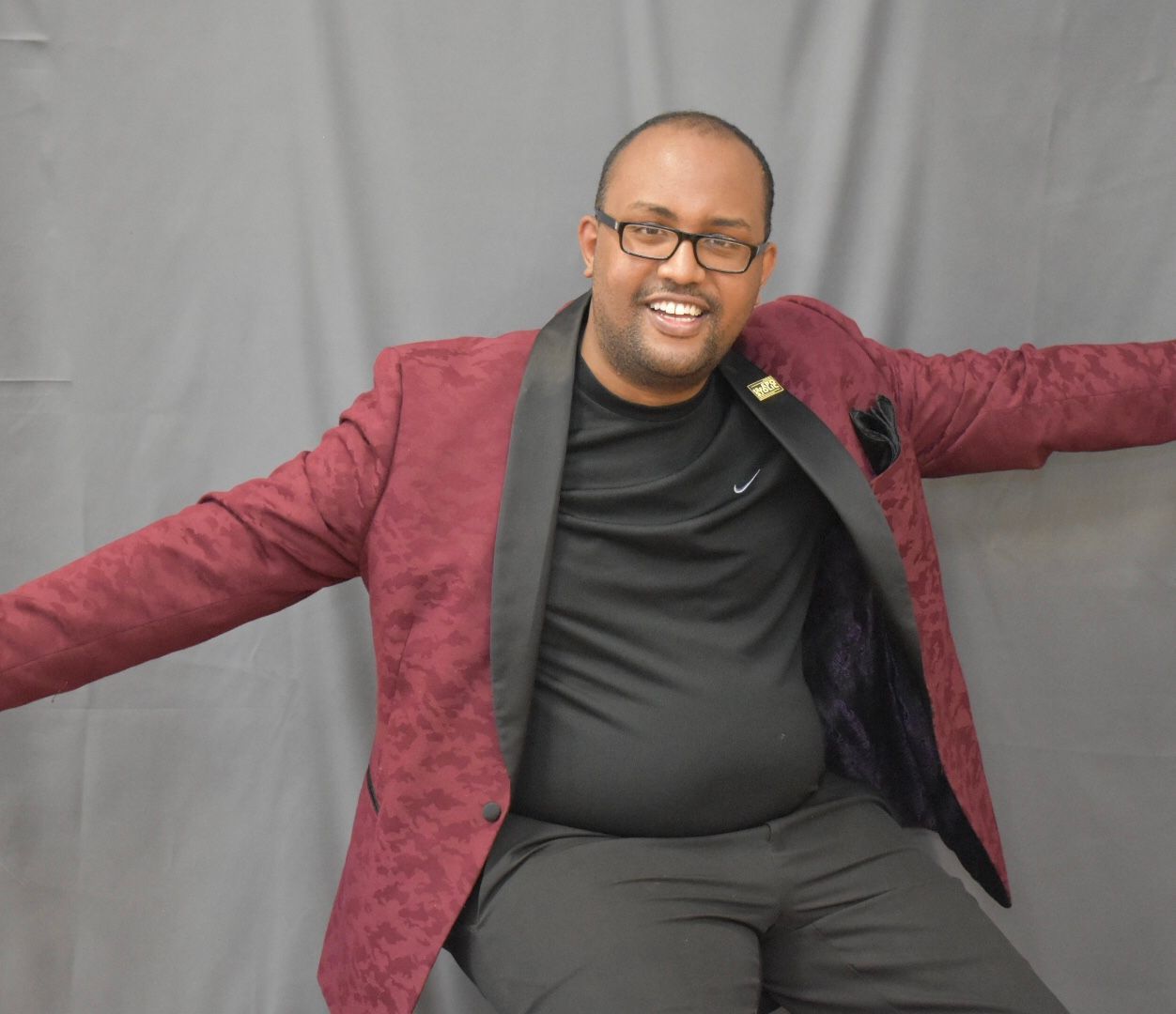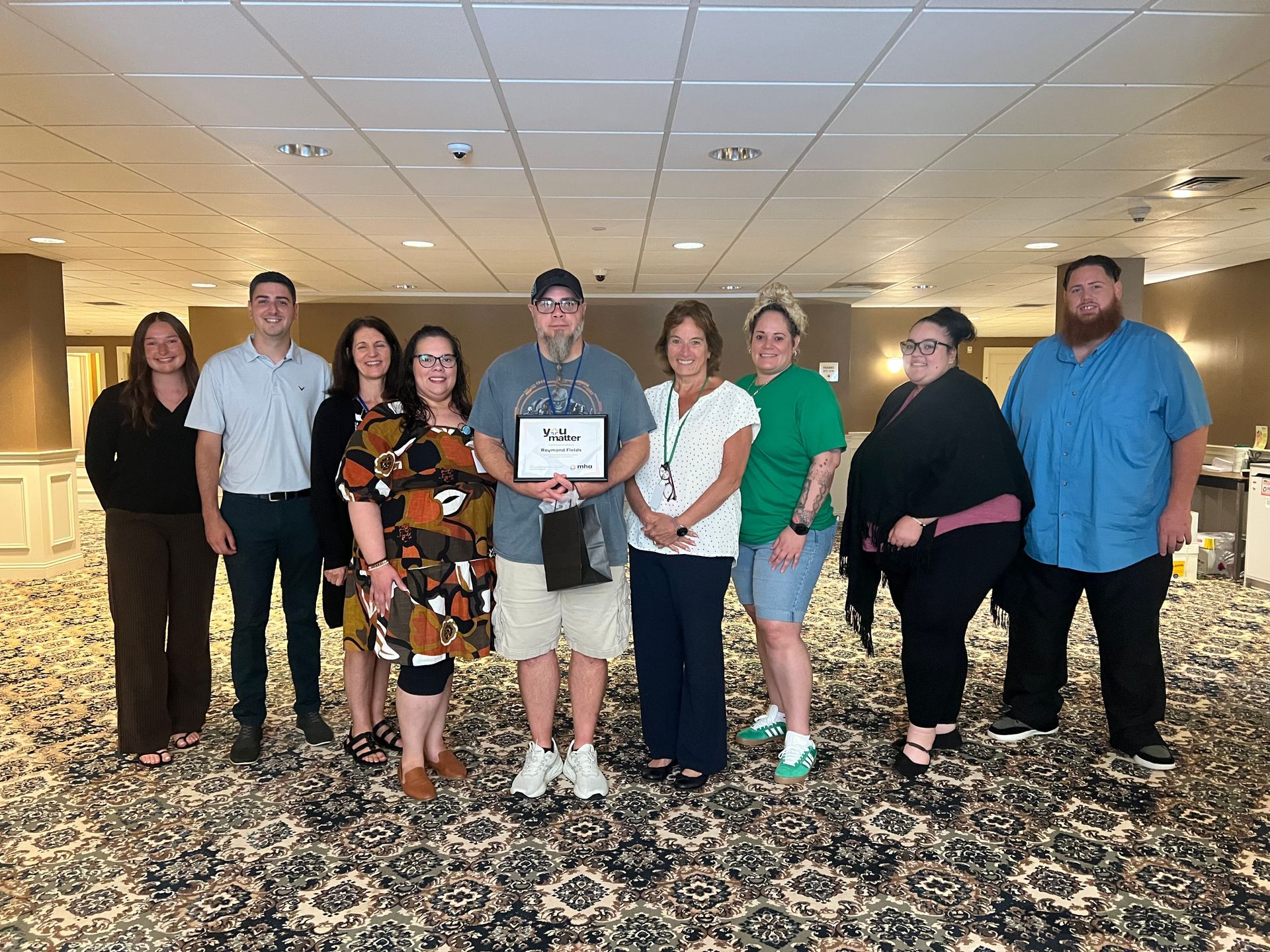Finding A Safe Haven
Published: November 13, 2024
Edwin, 56, was a hopeful dreamer striving to achieve the American dream. He lived in Puerto Rico with his family but sought better work in the mainland. Hearing that the Holyoke Mall was hiring workers from Puerto Rico, he was promised a job and moved to Massachusetts with his wife and two kids. Over the next couple of years, Edwin worked in maintenance and started to build a life with his family. However, things took a drastic turn when he began making solo trips to Puerto Rico, and unknown to his family, got involved in drugs. Upon his return to the United States, Edwin was arrested on suspicion of drug-related activities. During interrogation, he was threatened with prosecution if he didn't provide the names of the people he was involved with. Fearful for his safety and that of his family, Edwin refused to cooperate. The officer said, “ ‘If you don't give me some names, you'll go to court.’ “I was constantly thinking about my family and how I wanted to keep them safe. I didn't want them to be involved in this,” said Edwin. Throughout the court proceedings, he was inadequately represented and struggled to defend himself due to a language barrier. Without fully understanding the charges, Edwin pled guilty to every accusation. Subsequently, he spent the next 12 years moving between Ludlow County Jail and various state prisons due to mental health concerns.
After being released from prison, Edwin found himself homeless in Holyoke with very little contact with his family. He slept on bleachers and in abandoned buildings and started using drugs and alcohol just to survive. "I didn’t want to stay in a shelter. The drugs helped me stay awake and help me sleep during the night, especially during the winter," said Edwin. Realizing he needed to leave Holyoke, he made his way to Westfield where he soon befriended a participant from MHA’s Safe Haven residential recovery program. They brought Edwin back to the program to meet with the staff where they talked about his struggles. The staff helped him apply for assistance from the Department of Mental Health (DMH) where he was diagnosed with schizophrenia. "I never knew this, and it helped me explain things to myself. Up until then, I never understood what was happening to me,” said Edwin.
After working with medical staff and receiving support from Safe Haven, he enrolled in the program to start his journey to recovery. Early on in his recovery, Edwin had difficulty adjusting. "It took time for him to open up, partly due to cultural acceptance regarding mental health. Couple that with severe paranoid schizophrenia, he would get angry, leave the room, and look for other ways to cope," said Sam Gulsvig, Program Supervisor of Safe Haven. Sam noted that Edwin’s education level, language barrier and the chronic effects of substance use were contributing factors. “He would miss doctors' appointments and had a hard time keeping up with his probation, so when he remembered something, it was huge for him,” she said.
Edwin found peace through his daily routine at Safe Haven. “Every day I would do the same thing. In the morning I’d make my coffee, take my medication, and go for a bike ride around town. It provided stability. I really enjoyed that, and it helped me stay sober. It was like being able to retake control of my life” he said. As Edwin progressed in the program, he started opening up to staff. “He appreciated the freedom to choose to change and not be forced into it, as well as making his own decisions regarding his recovery,” said Sam. Sam added, “A lot of places will throw all these rules at you, ‘this is how you behave, this is what we use for recovery.’ This place gave him a safe place, a safety net.”
When Edwin was about to graduate from Safe Haven and move into permanent housing, he felt hesitant to leave the program. He had formed strong relationships with everyone there and didn’t want to say goodbye. However, the staff reassured him that their doors would always be open. "I've had a great relationship with the staff and the doctors since I came here. It feels like family. I've made a lifelong friend here and have had great relationships with everyone," said Edwin.
Now two years after leaving Safe Haven, Edwin visits the program often. Sam emphasized that many individuals like Edwin often come back to visit. "They feel it is their home. A lot of the people we serve do not have families or a home, and they establish their roots here. When they move out, they often visit Safe Haven for picnics and holidays."
Sam emphasized that what makes Safe Haven special is the acceptance of everybody as they are. She stressed that there is no judgment, only hope for their future and for them to have hope for themselves. “We let you be adults and make your own decisions in your recovery. If you move an inch forward that’s recovery. Even if you move back that’s ok. Forgive yourself, get back up, and start again. We are here for you,” said Sam.
Edwin said his goal is to stay clean and to continue the progress he made at Safe Haven. “A lot of things have happened in my life. I’ve had to break down a lot of doors to get to where I am now. I am just trying to rebuild my life and to be with my family.”
Safe Haven is a specialized residential recovery program for adult men and women challenged by chronic homelessness, substance use, and psychiatric conditions. The program operates 24 hours a day, 7 days a week. This program is closed referral and individuals are referred to us by the Department of Mental Health. To learn more, please call 844-MHA-WELL.
share this story





